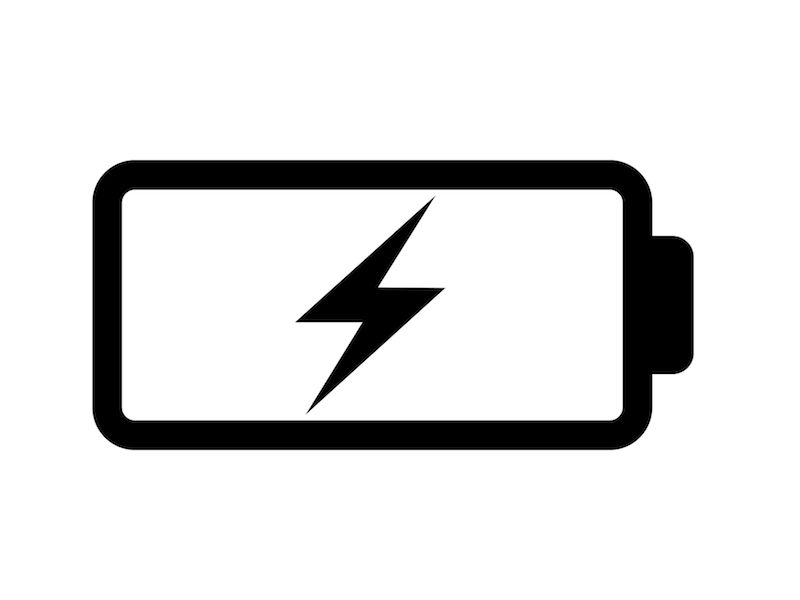
Rechargeable hearing aids are manufactured so that you’ll have to stress less about losing battery power, but the technology may also make you a little anxious when you depend on your devices to hear. Do rechargeable hearing aids work, and do they work as well as advertised?
Those questions are understandable, as is the accompanying anxiousness. A hearing aid can be a vital part of one’s day-to-day life, as necessary for a quick trip to the grocery store as they are for the enjoyment of a movie or television show. When a piece of technology impacts so many aspects of your life, it’s important that it work correctly and reliably.
How Do I Know What Kind of Battery I Have?
By default, most modern hearing aids have rechargeable batteries, so it’s likely if you bought your hearing aids recently, it has one of two kinds of batteries. Silver-zinc batteries, which can usually be distinguished by a battery door on the device, are rechargeable, but every now and then they need to be replaced. A Lithium-ion battery, however, will not have a battery door because the batteries will last as long as the hearing aid does.
How to Care For Your Rechargeable Hearing Aid
For the most part, rechargeable hearing aids do work, and they work well. As battery technology has improved in the last several years, the dependability of these devices has increased significantly. In order to increase reliability, however, there are some maintenance steps users can take as they would with any other electronic technology.
- Be Mindful of Wires: Most hearing aids will have a wire element of some kind, either on the charging station or on the hearing aids themselves. Most hearing aid users are advised to be mindful of these wires; the connection that enables the device to charge can be broken if you pull on or hold it by the wires.
- The Charging Station is Where Your Hearing Aids Should be Stored: If your hearing aids have rechargeable batteries, you can extend your device’s battery life by ensuring that you regularly store your hearing aids on their charging station. The long term battery life is not diminished by charging a battery that is not completely drained.In fact, making sure that your hearing aids are charging when not in use can actually benefit your long-term battery life. For lots of people, placing their charging station beside their bed is a convenient reminder to charge the devices when it’s not being used.
- Keep Your Hearing Aids Clean and Dry: No matter how often you use or do not use your hearing aids, they have abundant opportunity to collect dust, debris, and moisture. Your hearing aid may not thoroughly charge if it is exposed to any of these three things. When connecting your hearing aid to your charging station, as with any other time, it’s important to keep your device clean.
How to Change a Rechargeable Battery
If you have lithium-ion batteries, they should last as long as your device does. So replacing those batteries shouldn’t be something you ever have to be concerned about. Simply continue recharging your hearing aids as long as needed.
Hearing aids that depend on silver-zinc batteries, however, may need new batteries now and then. Changing batteries in the correct way can help increase the longevity of your hearing aids. As a result, the majority of people who use these hearing aids are counseled to:
- Don’t eliminate any packaging or plastic tabs until you’re ready to use batteries.
- Clean and free of moisture is the state that your battery compartment should be kept in.
- Before changing batteries, make sure you wash your hands.
- Store batteries in a room temperature place that is also sure to be dry.
- Let the batteries sit out at room temperature for at least five minutes before removing any tabs that might be attached.
Long Periods of Non-Use
Leaving your hearing aids on the charger for long periods of time is no longer the way to store your hearing aids. If, for example, you know that you will not be using your hearing aids for several weeks or months, you can just disconnect the charger and store your hearing aids in a cool and dry place.
If your hearing aids use silver-zinc batteries, you might also think about leaving the battery door open in order to prevent moisture from corroding your batteries.
Rechargeable for Everyday Use
All your general requirements should be met if you charge your hearing aids once per day. A lithium-ion battery, for example, will usually require just 3-4 hours to charge sufficient battery power for a 24 hour period.
Do rechargeable hearing aids work? Not only do they work, but rechargeable hearing aids will very likely become more and more common and dependable as the technology continues to improve. Schedule an appointment with your local hearing aid retailer to see all the different models
